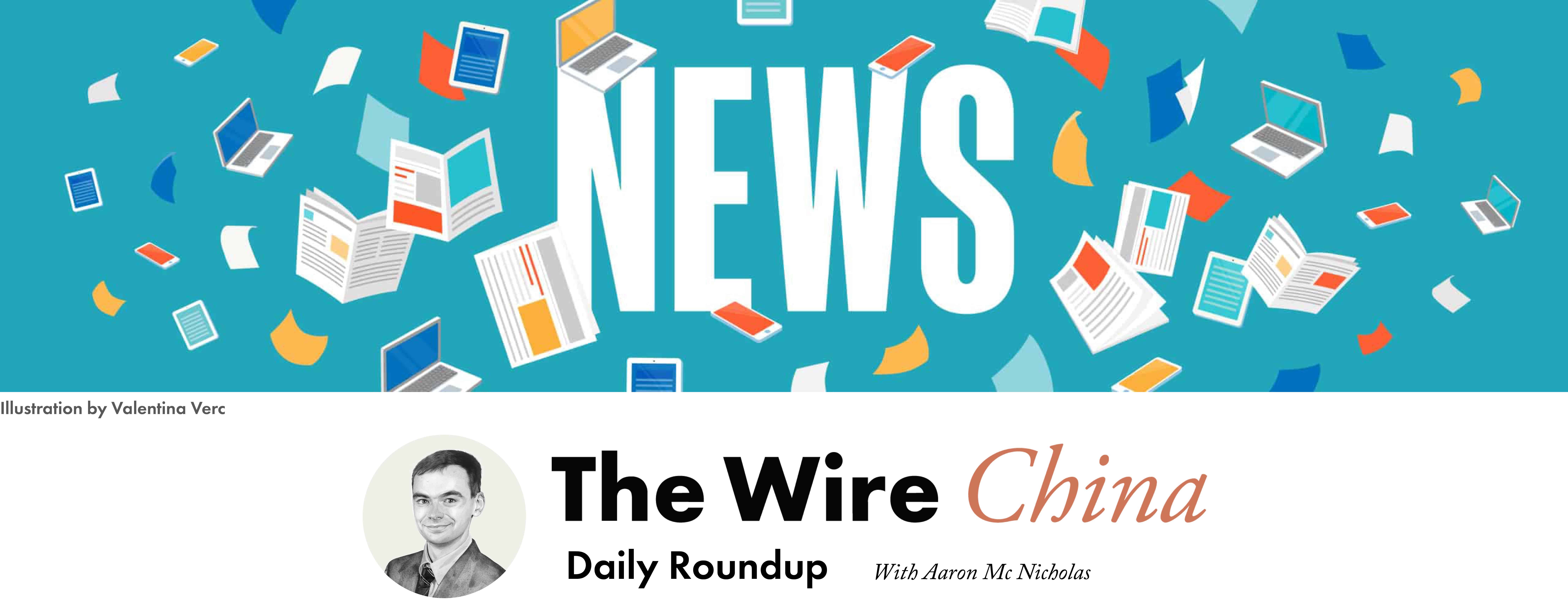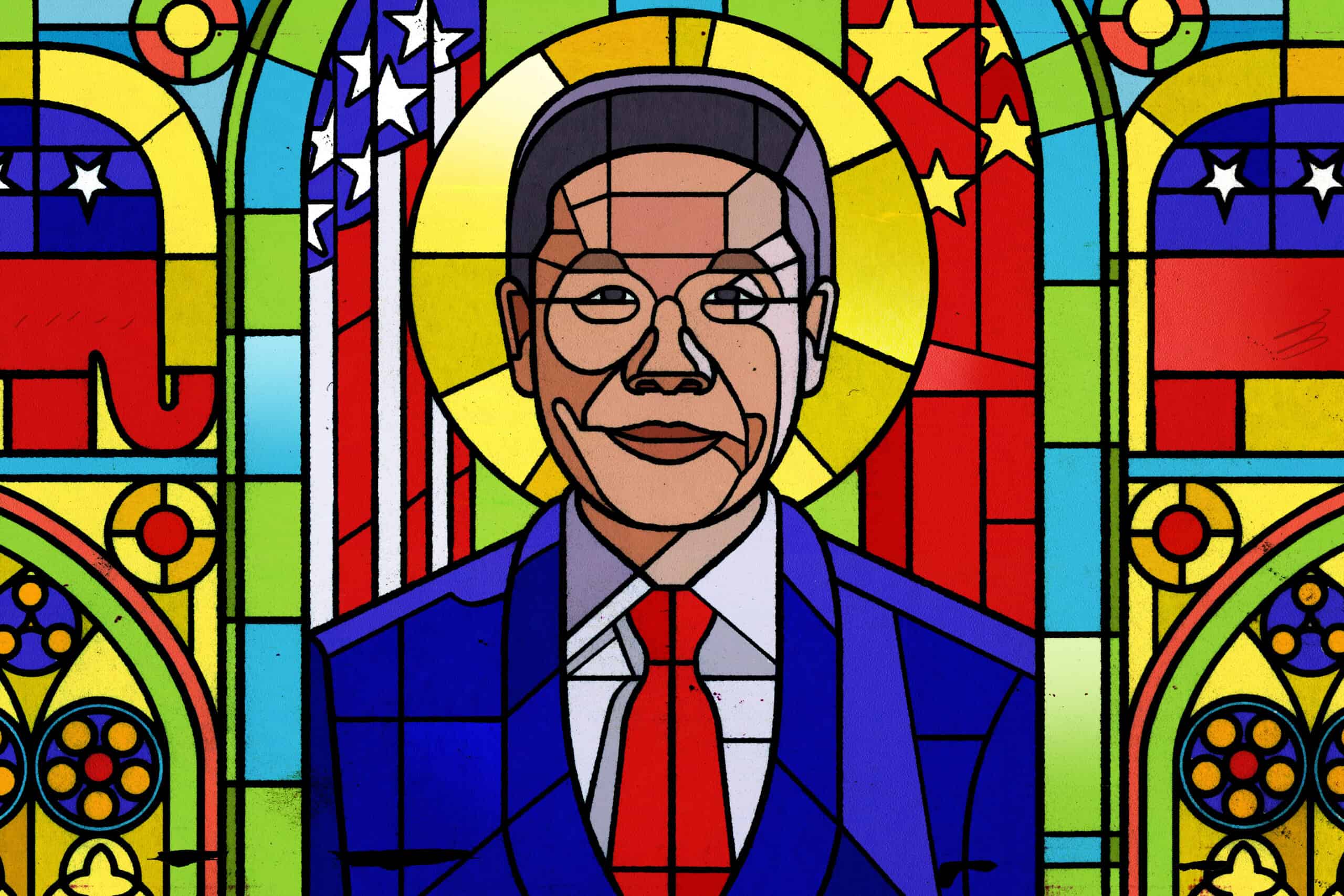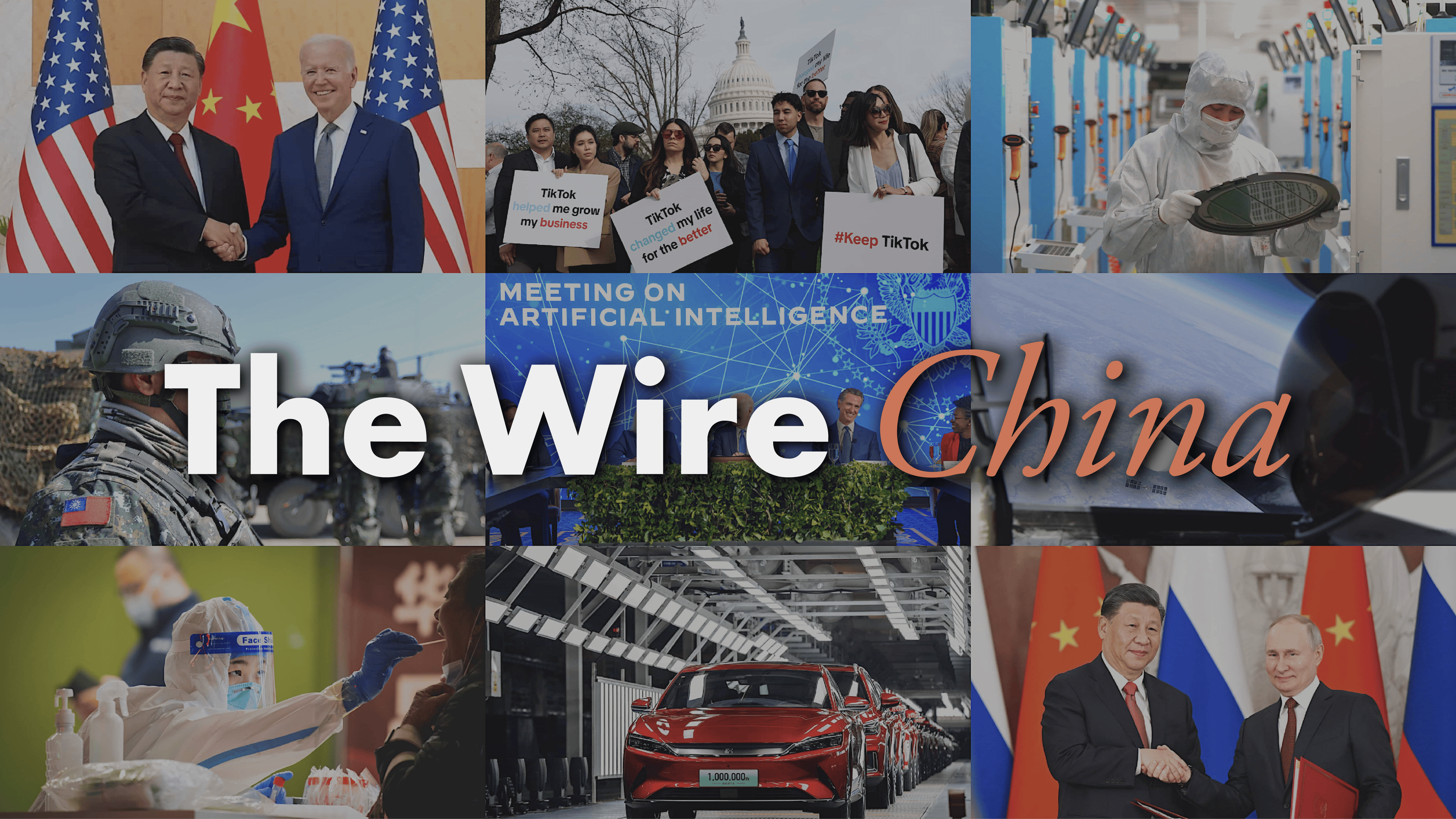Good Morning. Welcome to The Wire’s daily news roundup. Each day, our staff gathers the top China business, finance, and economics headlines from a selection of the world’s leading news organizations.
Paid subscribers automatically have this list emailed directly to their inboxes every day by 10 a.m. EST. Subscribe here.
The Wall Street Journal
U.S. and China Extend Landmark Bilateral Deal, Very Quietly — The U.S.-China Science and Technology Agreement, a
Navigate China's Business Landscape with Confidence.
- Gain visibility into supplier risks
- Easily manage trade compliance
- Conduct in-depth due diligence




